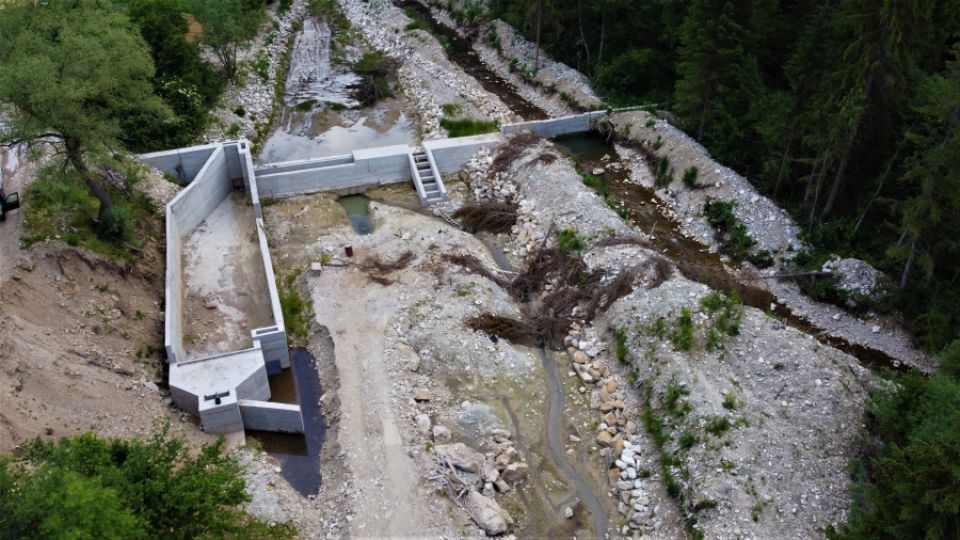An important step has been made in the protection of Bosnian rivers. The parliament of the Federation of Bosnia and Herzegovina [1] passed a new amendment to the Law on Electricity at the beginning of July. In practice, it means that the construction of 111 planned small hydropower plants (SHPPs) which have not secured concessions is off the table now.
How does the new legislative regulation change the current situation? “We have supported Bosnian citizens in their disputes against the construction of small hydropower plants in many places all over the country. As it is often an unequal fight of local communities against the interests of investors, we welcome the ban on issuing new permissions that is a result of the years-long struggle of hundreds of citizens,” says Zuzana Vachůnová, the Bosnian project’s coordinator at Arnika. “However, our fight is not over yet. There are plans to build 62 small hydropower plants that have already secured their concession, and their construction could theoretically continue despite the disapproval of affected citizens,” she added.
Arnika, together with their partnering organizations – Coalition for the Rivers and the Center for the Environment – leads a long-term campaign called “dams-free municipalities.” By signing the declaration of the same name, mayors of towns and villages in Bosnia and Herzegovina commit that they will not agree with the construction of small hydropower plants in their town or village without prior consultation with citizens. Does the new legislation mean that the campaign is not necessary anymore?
“The law change is important to stop the plans for new projects. Unfortunately, it cannot prevent the projects initiated before adopting the amendment. A good example is an intended hydropower plant Babanovac on the Ugar river. Although the investors have not provided any permit yet apart from the Concession Agreement, it would be sufficient for them to obtain an energy permit for this project additionally,“ explains Nina Kresevljaković from the Aarhus Center Sarajevo. “Nevertheless, the three years deadline to obtain the permits defined by the newly adopted law is much shorter now than it used to be. The activists will do everything in their power to prevent the issuance of the additional permits to prevent the project’s implementation,” she adds.
The Bosnian and Czech campaigners agree on the necessity to continue in the struggle for dams-free rivers in the country. As was said before, the current ban does not prevent the construction of 62 SHPPs that have already received their concession. Thus, the threat to unique ecosystems on 39 rivers in the Federation remains. Furthermore, the second entity of Bosnia and Herzegovina, the Republic of Srpska, has not passed a similar law yet. Although the law in this form does not provide an absolute solution for all cases, it is a significant step forward that compliments activists’ efforts in the Federation of Bosnia and Herzegovina.

[1] Bosnia and Herzegovina is formed of two constitutional “entities” established on ethnic principles – the Republika Srpska (a Serbian entity) and the Federation of Bosnia and Herzegovina (a Bosniak-Croat entity). The central government ties both of them together in a fragile state. A vote of the Parliament of the Federation of Bosnia and Herzegovina is binding only for the state authorities in the respective entity of the country







